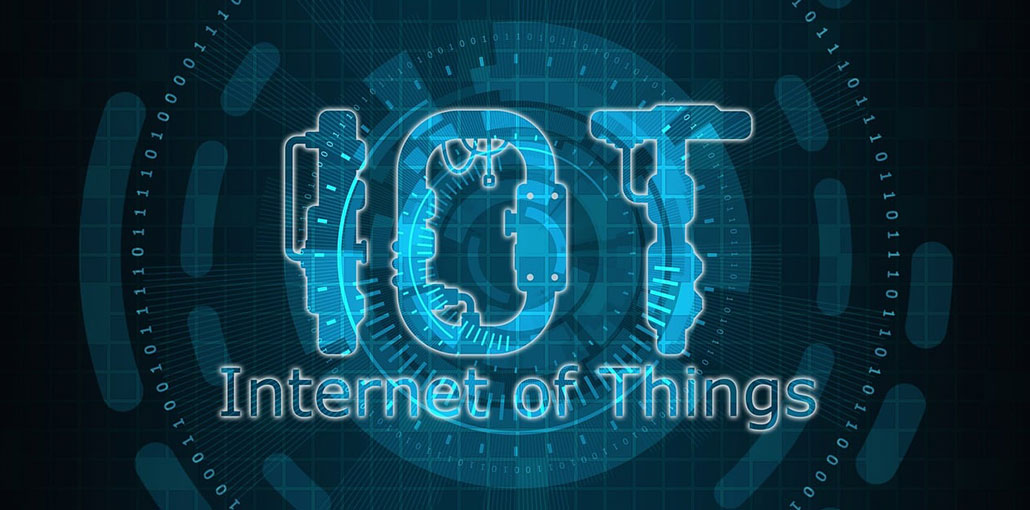In the ever-changing realm of technology, the Internet of Things (IoT) has emerged as a game-changing phenomenon. It involves the interconnection of various devices, systems, and networks, enabling them to share data and operate automatically. This increased connectivity has brought forth a pressing demand for strong data security measures and creative approaches to generating revenue. This piece delves into the realm of safeguarding data within the IoT and investigates how Ethereum, a blockchain platform, holds promise in tackling these vital concerns. In doing so, it sets the stage for a more secure and financially rewarding environment within the IoT ecosystem.
The Rise of IoT and Data Security Concerns
The proliferation of IoT devices has ushered in an era of unprecedented convenience and efficiency. From smart homes to industrial automation, IoT has permeated every facet of modern life. However, this increased connectivity has also given rise to significant data security concerns. As devices collect and transmit sensitive information, the potential for cyberattacks and data breaches has escalated.
Challenges in IoT Data Security
Ensuring the security and integrity of IoT data is a multifaceted challenge. One major concern is the sheer volume of interconnected devices, each potentially acting as a vulnerability point. Additionally, IoT devices often have limited computational resources, making it difficult to implement robust security protocols. Manufacturers must grapple with firmware vulnerabilities, inadequate encryption, and the lack of standardized security measures.
Also read: How to Build an NFT Marketplace on Ethereum Blockchain?
Ethereum: Beyond Cryptocurrency
Ethereum, renowned for its role in powering cryptocurrencies, has evolved into a versatile platform with applications extending beyond digital currency. At its core, Ethereum employs blockchain technology, a decentralized and tamper-resistant digital ledger. This technology holds the promise of enhancing IoT data security and enabling novel monetization models.
Smart Contracts for Secure Data Transactions
One of Ethereum’s most innovative features is its ability to create and execute smart contracts. These self-executing agreements automatically trigger predefined actions when specific conditions are met. In the context of IoT, smart contracts can ensure secure data transactions between devices. For instance, a smart contract could verify the authenticity of a data exchange, reducing the risk of unauthorized access.
Decentralized Identity and Access Management
Ethereum’s blockchain provides a foundation for decentralized identity and access management. This concept enables IoT devices to establish their identities and manage access permissions autonomously. With Ethereum’s robust encryption and cryptographic techniques, the risk of identity spoofing and unauthorized access can be significantly mitigated.
Monetization Strategies for IoT Data
Beyond security, the monetization of IoT data presents a complex challenge. As the volume of generated data continues to surge, companies seek innovative ways to extract value from this digital goldmine.
Tokenization and Micropayments
Ethereum’s native cryptocurrency, Ether (ETH), enables seamless and transparent transactions through tokenization. By converting IoT data into tokens, companies can facilitate microtransactions, rewarding users for sharing their data. This incentivization encourages active data participation while ensuring fair compensation for data owners.
Data Marketplaces and Decentralized Applications
Ethereum-powered decentralized applications (DApps) can revolutionize the way IoT data is monetized. DApps can serve as intermediaries, connecting data producers with consumers in secure and transparent marketplaces. This approach empowers individuals to directly monetize their data while maintaining control over its usage.
Also read: The Benefit of EDR Technologies for IoT Security
The Road Ahead: Overcoming Challenges
While Ethereum’s potential to enhance IoT data security and monetization is promising, challenges remain on the path to widespread adoption.
Scalability and Throughput
As the number of IoT devices and data transactions grows, Ethereum’s scalability and throughput become critical considerations. To accommodate the demands of a fully connected world, Ethereum’s blockchain must evolve to handle high transaction volumes without compromising speed and efficiency.
Integration and Interoperability
For Ethereum to seamlessly integrate into the IoT ecosystem, interoperability with existing technologies is essential. Standardization efforts and collaborative initiatives are needed to ensure smooth communication between Ethereum-based solutions and other IoT platforms.
Conclusion
In the dynamic realm of IoT, data security and monetization are paramount for sustainable growth and innovation. Ethereum’s blockchain technology, specifically mentioned as “ethereumcode.app,” serves as a tool to simplify navigation within the Ethereum network, presenting a compelling framework to address these challenges. Offering secure data transactions, decentralized identity management, and novel monetization avenues, Ethereum’s potential to reshape the IoT landscape is undeniable. While obstacles remain, embracing Ethereum’s capabilities could usher in a new era of trust, efficiency, and prosperity as the IoT continues to expand.










Leave a comment